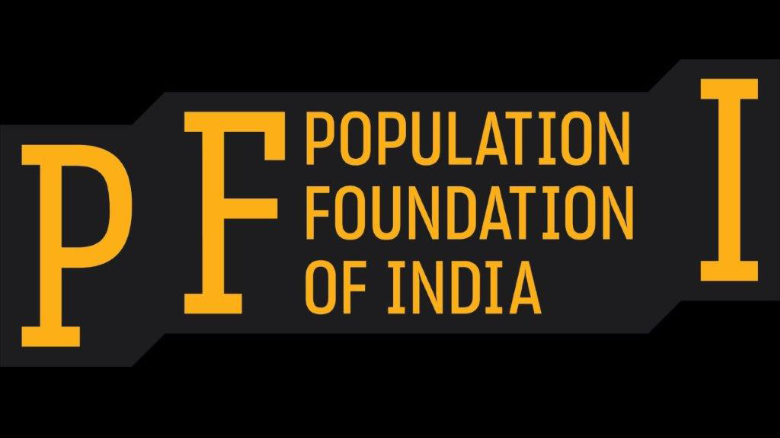
On 15 December 2021, the Union Cabinet cleared the proposal to raise the minimum age of marriage for women from 18 to 21 years. While the concern with early marriage is a step in the right direction, legal action on this issue is akin to treating symptoms instead of the underlying causes which have allowed such a practice to exist for centuries. A whole range of factors such as deep-rooted gender inequality, regressive social norms, financial insecurity, lack of quality education and employment opportunities together contribute to the incidence of early and forced marriages. We hope that Cabinet has also approved recommendations of the task force, led by Jaya Jaitly, on introducing sexuality education in the school curriculum, and investing in building skills, business training and livelihood enhancement for women.
Increasing the legal age at marriage without a shift in communities’ perceptions around the practice can have several negative consequences. Increasing the legal age will mean a large number of married persons will be deemed underage, thereby putting a question mark around the legality of their marriages. Despite laws mandating minimum age and criminalising sexual intercourse with a minor, child marriages are very prevalent in the country, with almost one-fourth of women (aged 20-24 years) being married before the legal age of 18, according to the fifth National Family Health Survey (2019-21). In most cases, girls who get married early do not have the agency to move the Court and ask for the marriage to be rendered void despite ill-treatment. Increasing the legal age at marriage would perhaps accomplish little more than pushing more marriages underground as has been the practice in the past.
“Early marriage has societal sanction and is ironically seen as a solution by the communities, not a problem,” Poonam Muttreja, Executive Director of Population Foundation of India said. “While we undoubtedly need to work hard to implement laws around child marriage and ensure girls get married post the legal age, we must also work towards addressing the root causes behind early marriages. The way to tackle the menace of early marriage is to provide girls equal opportunity to fulfill their dreams and aspirations in addition to bringing an attitudinal change among communities.”
A holistic approach to ending child marriage would entail several measures. Investing in girls’ education is essential, given that evidence from across the world suggests that allowing girls to complete their education delays marriage. We must also empower women both economically and socially by investing in skill-building and gender equality initiatives. We must also invest in targeted social and behaviour change communication strategies to end child marriages. Population Foundation of India’s transmedia initiative Main Kuch Bhi Kar Sakti Hoon (I, A Woman, Can Achieve Anything) is one such example. The evaluation findings from the series illustrated that reinforcement of messages on the harmful effects of child marriages brought a positive shift in the attitude of girls and parents who were exposed to the programme.
Finally, the government must prioritize access to information and services on sexual and reproductive health, mental health and nutrition services for women and girls, especially those from the most marginalized communities to ensure that no one is left behind.
For more information, please contact: Martand Kaushik at martand.kaushik@populationfoundation.in
